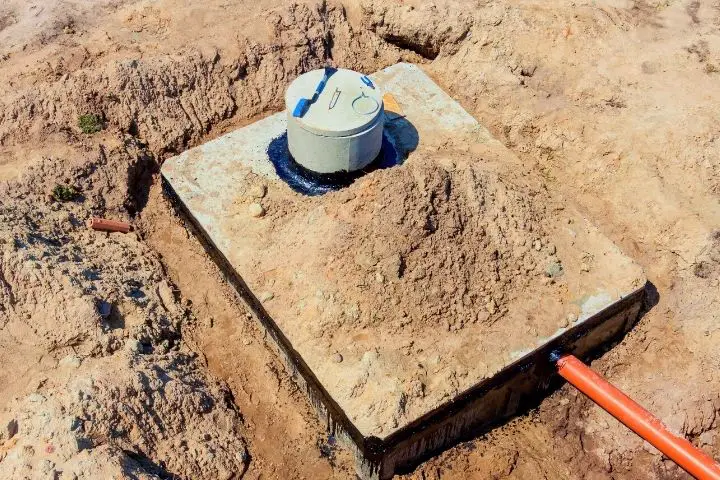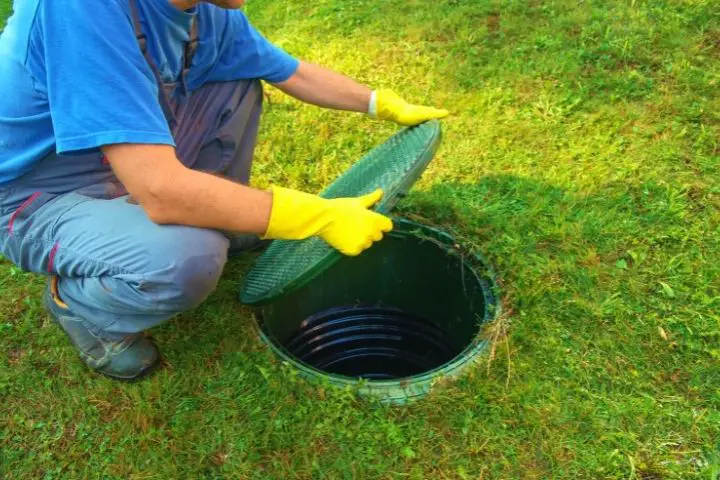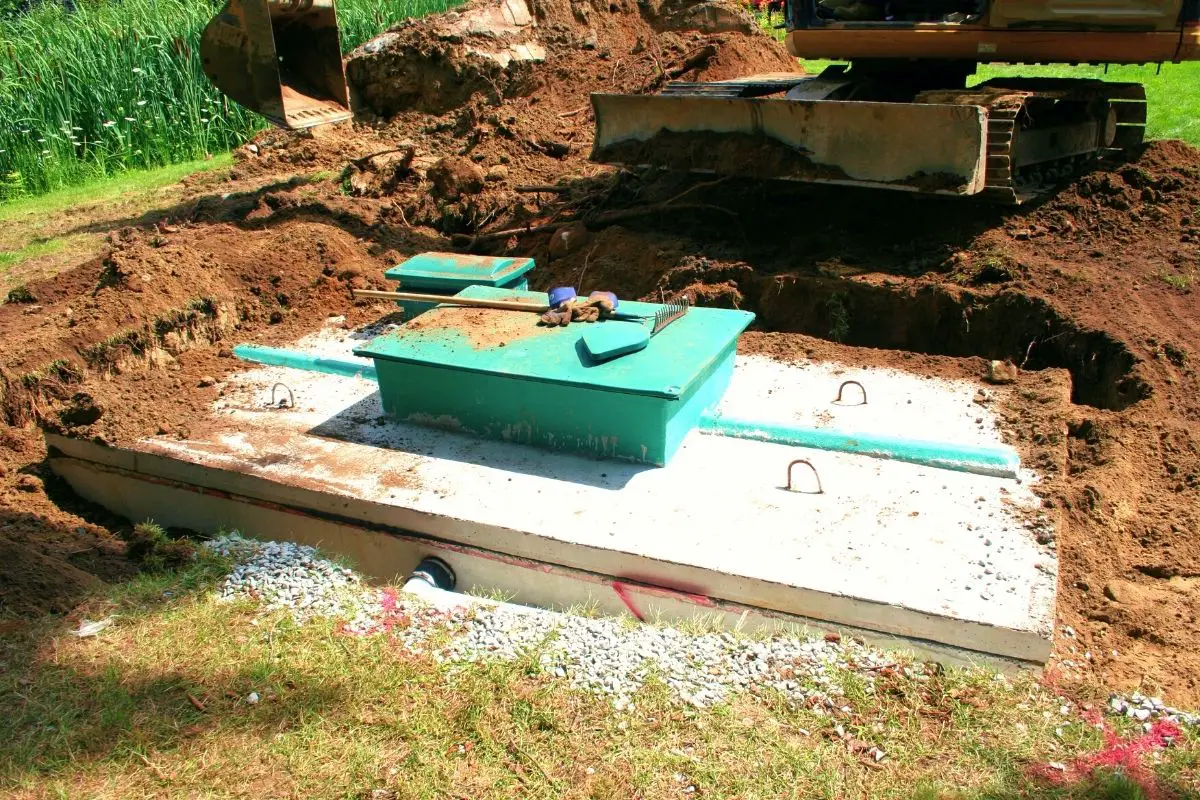How to Keep Septic Tank From Freezing | Causes and Solutions
Septic tanks have proven to be an environmentally beneficial way of getting rid of your household waste.
Through a process of storing, filtering, and releasing waste into surrounding soil, septic tanks can make good use of the waste in your home!
Households in rural areas usually use septic tanks more than cities, which have built-in sewage systems. A septic tank is usually installed underground close to the home and can be made of concrete, plastic or fiberglass.
Do You Have to Maintain Septic Tanks
To ensure your septic tank lasts for a long time, it is important to have it serviced professionally, every three to five years. It’s easy to put it off, but getting the experts out there from time to time goes a long way in making sure you don’t have to install a brand new one! This can get you mega-savings in time and money in the long run.
In between maintenance, you can help your septic tank by being aware of what waste goes in there! You should avoid using your sinks to get rid of solids such as leftover foods, coffee grinds, eggshells and other difficult to dispose of solids. You should also be mindful of which chemical products you pour down the drain, things like oil, varnish, paint thinner should be disposed of independently, as these can cause damage to the soil and environment upon release.
It’s important to make sure the system is thoroughly cleaned out, and that there are no blockages from tissue or other waste flushed down the toilet – and everything works smoothly. Using environmentally friendly products when DIY cleaning – such as eco-friendly toilet paper – can also make it easier when doing the upkeep.
Where you place your tank can also make a big difference. It naturally has to be close enough to your home, but it should be as far away from trees as possible, as their roots have proven to cause clogs and punctures in the pipes over a period of time.
Can Septic Tanks Freeze

Septic tanks freezing during the winter months are a common issue for septic tank owners. This is an issue that can come at the worst of times as the temperatures are usually below zero and any problem can cause a huge headache!
There are several reasons why a septic tank can freeze and unfortunately there’s no fool-proof way of preventing it from happening. Common reasons for your tank’s pipes freezing over include not being buried deep into the ground and too close to the surface, the tank being used too infrequently, and a plumbing leak somewhere in your home.
How Can You Tell if Your Septic Tank is Frozen and What to Do if it is
When your septic tank freezes there are tell-tale signs which should alert you there is a problem.
The most obvious clue is that the drains will stop working. The taps won’t pass any water. Your bathroom and kitchen sinks will be useless, as will your shower. Your washing machine and dishwasher won’t respond, and worst of all…your toilet will stop flushing.
The usual call of action for most people is to ring the professionals. Get some plumbers in who will hopefully fix the issue for you, however, this isn’t always possible. During the winter months, plumbers are at their busiest and may take a while before they can come out to you. Also, septic tanks are usually installed in houses in rural areas, making it that much more difficult. So there are a few things you can do to yourself to try and unfreeze your septic tank pipes.
- Use hot water and pour it over the frozen pipes to thaw them out
- Use a water hose, insert it into the feeder or outlet pipe and run hot water through it to thaw the pipes from within
- Use a steam machine. This is the most costly and time consuming process but worth it, if it’s a common issue for your home. The process involves a steel water tank, a heavy duty hose, a propane torch to boil the water and then gradually melting the ice with the steam the machine produces.
People in these cases also tend to lean towards switching up the systems entirely, installing a composting toilet over a septic tank to avoid having further problems with frozen tanks.
How to Keep Septic Tank from Freezing

In most cases the best solution is prevention, and that is especially the case when it comes to the drainage system in your home. So let’s see what steps you can take to avoid a frozen septic tank.
- When building a new house, or installing a new tank, you have to make sure it is done by professionals. It’s also useful to get a second professional look at your septic lines to make sure that the tank and the lines are buried deep enough into the ground. Your lines being too close to the surface is a very common reason for your tank freezing when the temperatures drop.
- When installing your tank be sure to add nature’s insulation. Snow can act as an insulant, as well as grass, which can trap the heat and help the soil reach a higher temperature. So when winter starts to approach, it’s better to leave the grass long over your tank.
- A running septic tank means warm water continuously streams into the system, making it less likely to freeze. Small amounts of water – in the form of a leak – trickling into pipes, however, can mean the system is more likely to freeze, and all leaky, unstable or faulty fixtures and faucets have to be seen to.
- Having the septic tank system serviced, and removing liquid can help free up the pipe fixtures that can freeze in your absence.
FAQs
Where should I place a septic tank?
Where your septic tank goes all depends on where you are and how much space you have available. In built-up cities you don’t have too many choices.
Out in the countryside, where space isn’t an issue, it’s important to have balance. The tank shouldn’t be too close or too far from your home, and shouldn’t be too shallow or too deep in the ground.
How long can a septic tank last if frozen?
Your septic tank can live for anywhere between 15 and 40 years. How much you’ve spent on your tank and its quality will go a long way in it determining its lifespan.
Additionally having the tank regularly serviced and not overusing the system can prolong its life, after having been maintained and thawed out after being frozen.






